The Presence of Community Networks in Latin America and the Caribbean

The community of Latin America and the Caribbean has maintained an incessant activity in community networks topics, particularly during September. This work has been reflected in various spaces, highlighting the Latin American Summit of Community Networks that took place in Argentina.
A Work with History
Interest in community networks in the Latin American and Caribbean region is not recent. At least since 2015, the operators of these networks have worked together, exchanging experiences and best practices. Part of the result of this collaboration is found in the documents of the Internet Governance Forum (IGF) Dynamic Coalition on Community Connectivity (DC3). It is worth mentioning that the creation of the Internet Society’s Special Interest Group on Community Networks (SIG CN) was announced during the closing ceremony of the IGF 2017 meeting.
The effort has been reflected in various spaces. This year, several operators of these networks were invited to participate in the Fifth Annual Latin America Spectrum Management Conference, held in Buenos Aires, Argentina, from September 5 to 7. On the last day of the Conference, the International Telecommunication Union (ITU) conducted a capacity building workshop on spectrum and community networks.
The Latin American Summit
In addition to their participation in Continue reading
Are you ready? How to prepare for the DNSSEC Root KSK Rollover on October 11, 2018
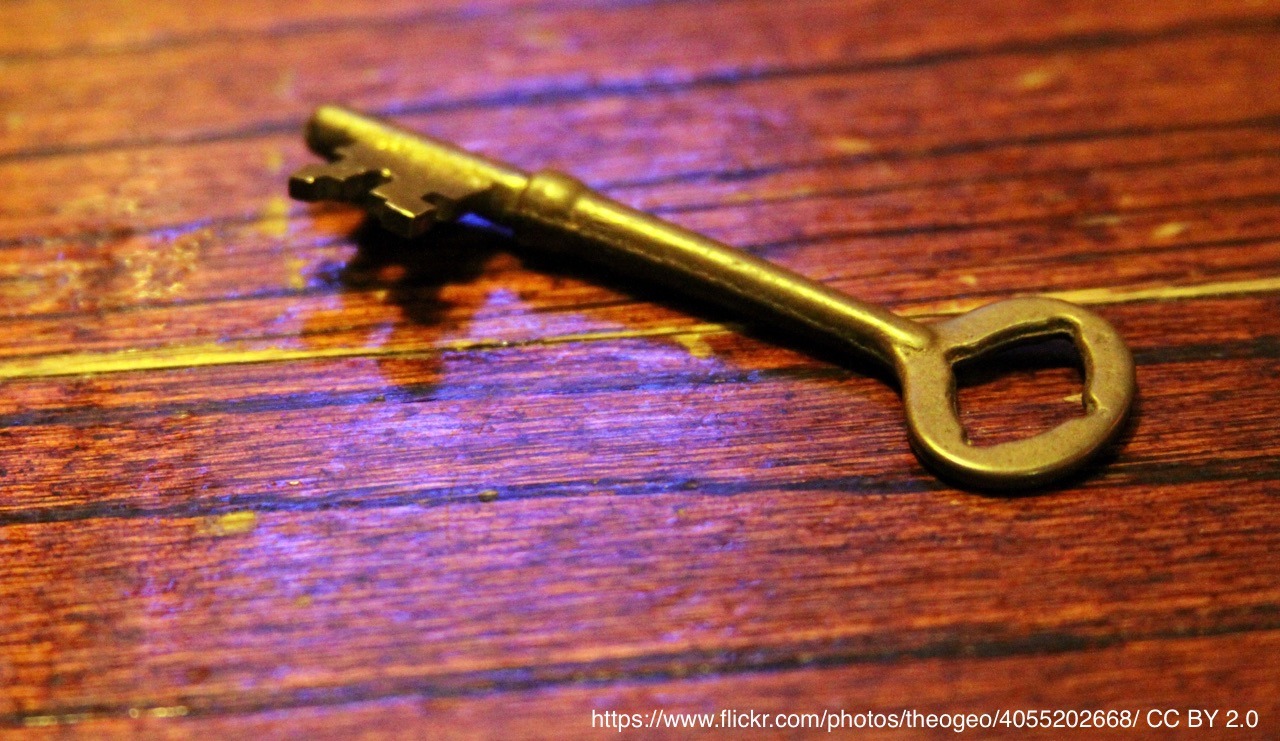
Are you ready? Are your systems prepared so that DNS will keep functioning for your networks? One week from today, on Thursday, October 11, 2018, at 16:00 UTC ICANN will change the cryptographic key that is at the center of the DNS security system – what we call DNSSEC. The current key has been in place since July 15, 2010. This is a long-planned replacement.
If everything goes fine, you should not notice and your systems will all work as normal. However, if your DNS resolvers are not ready to use the new key, your users may not be able to reach many websites, send email, use social media or engage in other Internet activities!
This change of this central security key for DNS is known as the “Root Key Signing Key (KSK) Rollover”. It has been in discussion and planning since 2013. We’ve written many articles about it and spoken about it at many conferences, as have many others in the industry. ICANN has a page with many links and articles at:
But here we are, with only a few days left and you may be wondering – how can I know if my systems Continue reading
National Cybersecurity Awareness Month = International IoT Security and Privacy Month
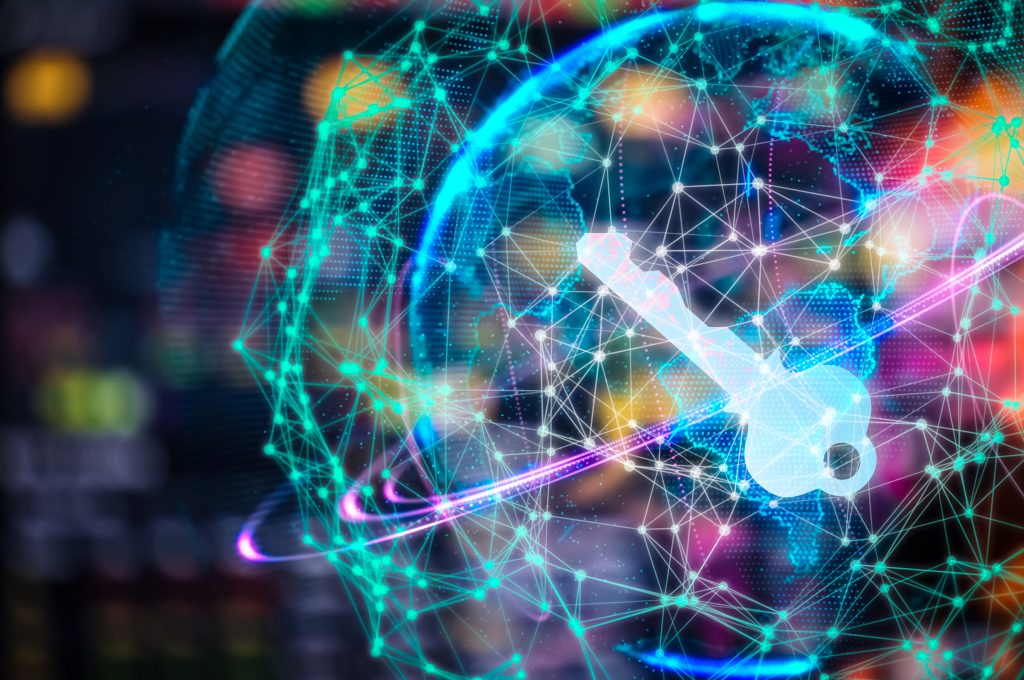
October is National Cybersecurity Awareness Month, and as part of our work with the Online Trust Alliance and our Internet of Things (IoT) campaign, we think October also deserves another label… International IoT Security and Privacy Month. There are a number of significant activities and developments related to security and privacy. Here are a few highlights of what’s happening, how we are participating, and how you can get involved.
- The “How to Make Trustworthy #IoT” Workshop – (Oct. 8) This year’s Internet Society Chapterthon is focused on IoT, and we are excited to see how all 43 participating Chapters raise awareness of the privacy and security issues surrounding IoT. On Monday, 8 October, Jeff Wilbur and Megan Kruse from the Online Trust Alliance be in New York City with the Internet Society New York Chapter (ISOC-NY) and IoTNation holding a workshop on ‘How to Make Trustworthy IoT’ – an IoT Privacy & Security Workshop. If you’ll be in New York City on Monday, please consider registering for the event, or watching the livestream starting at 2PM.
- Comments due for NIST Internal Report (NISTIR) 8228: Considerations for Managing IoT Cybersecurity and Privacy Risks – (Oct. 24) The report by Continue reading
CRTC Fund Makes Important Commitment to Indigenous Connectivity Solutions

While a new fund by the Canadian Radio-television and Telecommunications Commission (CRTC) has disappointed some Internet advocacy groups, we believe it could be critical to bringing Indigenous and northern communities online and closing Canada’s digital divide.
The Broadband Fund is slated to provide $750 million over five years, in addition to $500 million in funding by Innovation, Science & Economic Development Canada (ISED) to help Canada meet its universal service objective.
The CRTC is catching heat for halving project eligibility speeds, from 50 Mbps downloads to 25 Mbps (with a plan to scale to the original target), that were laid out in 2016 as part of a declaration that all Canadians should have broadband Internet as a basic telecommunications service. Because of this, some are saying it may give applicants less incentive to achieve the universal service target.
While speed is an important measure of Internet quality, it is not the only measure of success.
What I believe many are overlooking is that eligible applicants not only must outline how they’re going to consult communities as part of their plan, they must commit to respecting treaty and land claim rights if the project impacts Indigenous communities.
That makes it an unprecedented Continue reading
Indigenous Access: It Will Benefit All Generations
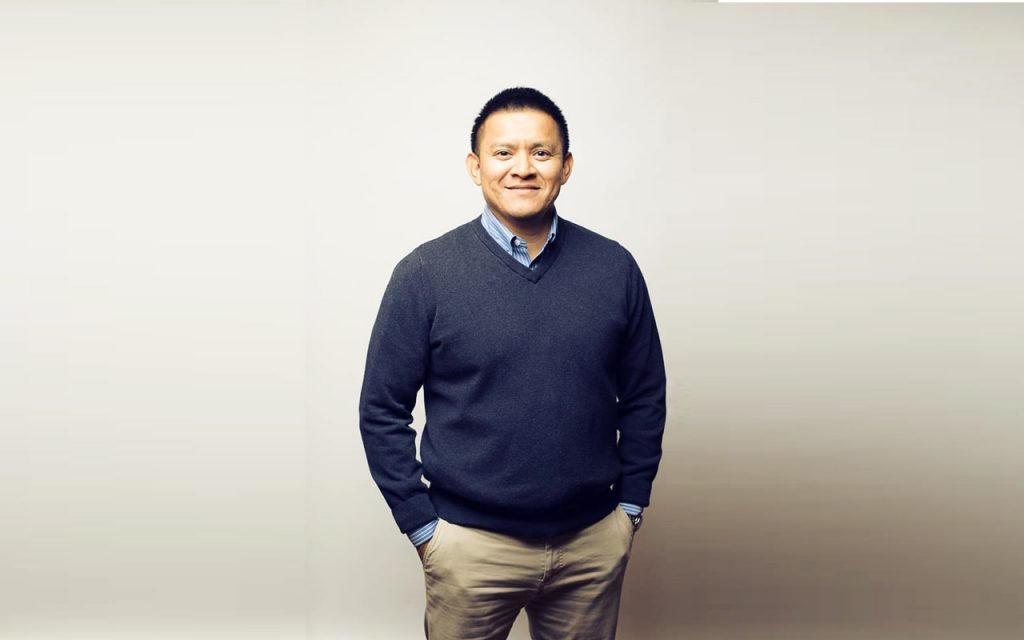
In November 2017, the Internet Society hosted the inaugural Indigenous Connectivity Summit in Santa Fe, New Mexico. The event brought together community network operators, Internet service providers, community members, researchers, policy makers, and Indigenous leadership to work together to bridge the connectivity gap in indigenous communities in North America. One of the participants shared his story.
“My background is in architecture. This is all brand new,” said Merrill Yazzie, tribal community planner and project coordinator for the Pueblo of Cochiti. The pueblo had just begun to lay fiber to improve tribal Internet access. “The community itself doesn’t have Internet. The one line just goes to the government, to the administrative building,” said Yazzie. “Everyone relies on their cellular phones or satellite services, which can be pretty expensive.”
According to Yazzie, an enrolled member of the Navajo Nation, there are many advantages to increased Internet access. “It will benefit all generations,” said Yazzie. “Economically it will be a benefit. You don’t have access to the universities because you don’t have a vehicle or public transportation is not available. One way to access education would be through online courses.” Further, he mentioned the benefit increased connectivity could bring to basic services: Continue reading
The Facebook Breach: Some Lessons for the Internet
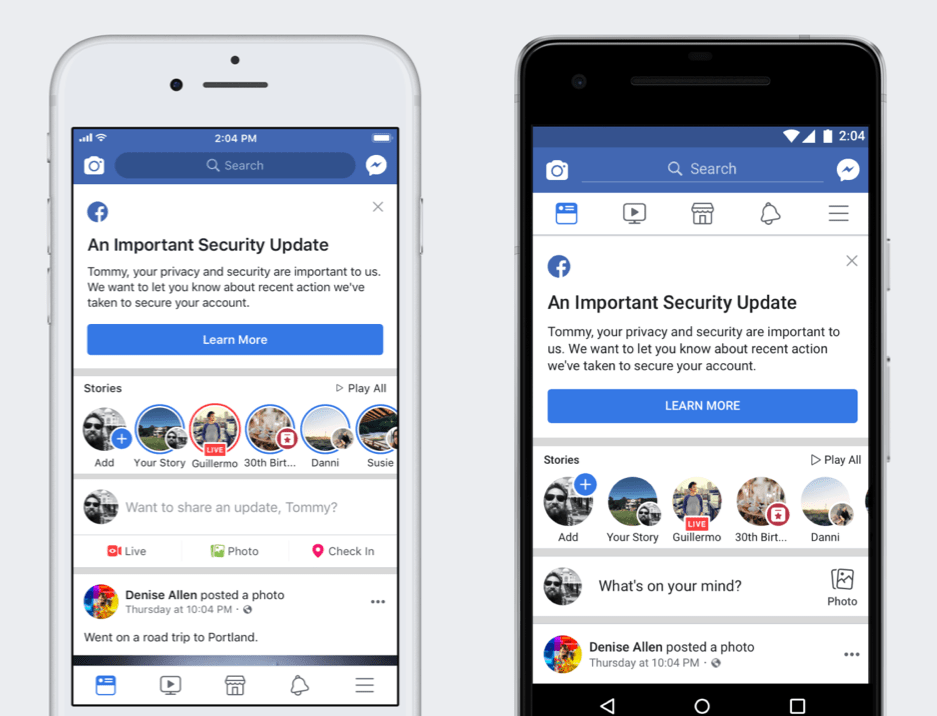
Last week Facebook found itself at the heart of a security breach that put at risk the personal information of millions of users of the social network.
On September 28, news broke that an attacker exploited a technical vulnerability in Facebook’s code that would allow them to log into about 50 million people’s accounts.
While Facebook was quick to address the exploit and fix it, they say they don’t know if anyone’s accounts actually were breached.
This breach follows the Cambridge Analytica scandal earlier this year that resulted in the serious mishandling of the data of millions of people who use Facebook.
Both of these events illustrate that we cannot be complacent about data security. Companies that hold personal and sensitive data need to be extra vigilant about protecting their users’ data.
Yet even the most vigilant are also vulnerable. Even a single security bug can affect millions of users, as we can see.
There are a few things we can learn from this that applies to the other security conversations: Doing security well is notoriously hard, and persistent attackers will find bugs to exploit, in this case a combination of three apparently unrelated ones on the Facebook platform.
This Continue reading
Gender Equality: A Mouse Click Away

This post reflects arguments made in a joint background paper published by the Internet Society and the Association for Progressive Communications (APC) ahead of the G20 Women’s Group (W20) Summit in Argentina 1-3 October.
In our digital age, Internet literacy has become essential for, if not synonymous with, being employable in many fields. Information and communications technologies (ICTs) fuel business growth and countries’ economic development. They open new channels to communicate across great distances, as well as to organise people, raise awareness and spur activism.
But such promise can deepen existing inequalities offline if these technologies cannot be accessed and enjoyed by all.
Today, many women and girls are getting left behind in digital development. While in low- and middle-income countries, the gap between women’s use and that of men is 26%, in least developed countries (LDCs), women are 33% less likely than men to use the Internet.
In some cases, women simply don’t have access to the Internet, or it’s too expensive. In others, they have limited access with pre-paid services. There are also cultural factors that stop women from using the Internet or even owning a computer or a mobile phone.
This points to deeper issues. Globally, women Continue reading
The Week in Internet News: Social Media Networks Sign onto Fake News Code
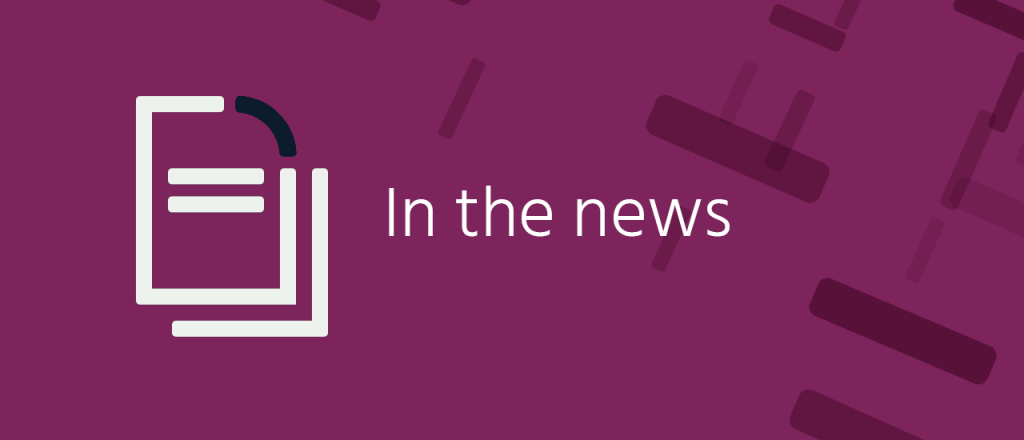
Fake news code: Google and several operators of social networks have signed a code of conduct to combat fake news, CNet reports. The code of conduct, pushed by the European Union, stipulates that they must work to disrupt advertising revenues of accounts and websites that spread disinformation. The code also requires that the websites empower people to report disinformation and access other news sources.
Government news vs. fake news: Indonesia’s communications ministry plans to hold weekly briefings to highlight examples of “hoax” news reports, Time.com reports. The briefs will also focus on digital literacy as the country moves toward a presidential election next year. The government also plans to have a 70-member content management team to determine fake news.
Fake news as cancer: Lots of news about fake news this week. The billionaire owner of the Los Angeles Times as called fake news the “cancer of our time,” CNBC.com says. Meanwhile, cancer still exists. Patrick Soon-Shiong blamed social media for the spread of fake news.
Too little regulation? California’s recently passed Internet of Things security bill may be “too little, too late,” says an opinion piece on Diginomica.com. “No one seems to believe that SB-327 will completely Continue reading
Push for Greater Control Over the Internet Coming Back Around
A group of countries will likely try to resurrect old battles on international control of Internet in the coming months, during upcoming meetings related to Internet Governance, some experts say.
The effort to relitigate unresolved debates on government control over the Internet will likely come up during the International Telecommunication Union’s Plenipotentiary Conference starting Oct. 29 in Dubai, said Robert Morgus, senior policy director focused on cybersecurity at U.S. think tank New America.
Morgus expects Russia, China, and other countries to renew their push for new internationally sanctioned controls over the Internet during the ITU meeting, he said Thursday at an Internet governance discussion hosted by New America and co-sponsored by the Internet Society’s Washington Chapter.
While the ITU has traditionally stayed away from Internet policy decisions, the group of authoritarian countries will likely push for a new World Conference on International Telecommunications (WCIT) meeting, Morgus said, where Internet control and governance issues have been hot topics.
The last WCIT meeting, in December 2012, ended with the United States, the U.K., Japan, and a handful of other countries declining to sign an agreement supported by 89 nations that called for international cooperation in fighting security problems Continue reading
Building a Community LTE Network in Bokondini, Indonesia

As part of our work in the University of Washington’s Information and Communications Technology for Development (ICTD) Lab, we recently spent four weeks in Bokondini, a village in the Papuan Highlands. During our time in Bokondini, we helped some community members extend Internet access throughout the village via a community LTE network, using a technology stack that we call CoLTE (for Community LTE).
The Area and Background
Bokondini is a small village (population ~1,500) in the Baliem Valley, a mountainous region located in the highlands of Indonesian Papua. The Papuan Highlands are a famously rugged, remote, and hard-to-cover area, and many inhabitants of the region live without any form of telecommunications whatsoever. Infrastructure in Bokondini is a remarkably ad-hoc process; for example, electricity comes from a small set of solar panels and a micro hydro generator, and tends to shut off between the hours of 9pm and 6am.
Bokondini’s current relationship to the Internet revolves primarily around the local school. The community pays for a small (1Mbps) satellite Internet connection that terminates at the local elementary school, where it’s used to provide WiFi coverage to teachers on the school campus. Coverage is extended to a few other houses in Continue reading
The Best Practice Forum on Gender and Access: Empowering Women Online

A Need for More Gender-Disaggregated Data
While Internet access and use is rapidly growing all over the world, women still face several challenges that hinder them from benefiting meaningfully from it. The proportion of women able to access and use the Internet is 12% lower than the proportion of men accessing and using it worldwide. This gap is even bigger in developing countries where only one out of seven women use the Internet.
These numbers highlight some of the discrepancies that the digital gender gap is both producing and reproducing. However, understanding them and to what extent they affect women’s online lives requires more data. While many studies have been conducted in the last few years in order to gather evidence about the existing barriers, there are still many aspects of the phenomenon that need to be studied in-depth, particularly at grassroots levels.
Various recent efforts – including those of the W20, the UN Broadband Commission on Sustainable Development, the Alliance for Affordable Internet (A4AI), the World Wide Web Foundation, the GSMA and Association for Progressive Communications – have expressed concerns about the paucity of gender-disaggregated data and insights on Internet access and use masks the true extent of Continue reading
New York City Groups Take Broadband into Their Own Hands

A handful of groups in New York City are bypassing large ISPs and building their own community networks, as a way to provide cheaper, and in many cases faster and more reliable service.
NYC Mesh and Silicon Harlem, both about five years old, are among a handful of community-based network providers that are working to provide Internet connection alternatives in New York City. The projects seek to fill in coverage gaps – in terms of both geography and reliability – plaguing incumbent broadband providers.
The nonprofit NYC Mesh, with about a dozen core volunteers and no full-time employees, provides and combination of fiber and wireless Internet access in downtown Manhattan, a large chunk of Brooklyn, and corners of the Bronx and Queens, says organizer Brian Hall.
A monthly payment for service – with average speeds of 80 Mpbs and up to 200 Mbps for some users – is voluntary. Many residential members choose to pay $20 a month, while many businesses pay between $50 and $100, but it’s not required.
Volunteers were inspired to launch the service for a number of reasons, Hall says. They wanted to close the digital divide by providing inexpensive broadband service, and Continue reading
IGF 2018: Improvements and a Call for Contributions

The annual meetings of the Internet Governance Forum (IGF) have been consolidated as the main space for discussion and exchange of ideas among the stakeholders of the Internet community on an equal footing. However, there are diverse activities which take place throughout the year that require the participation of all the actors of the community.
The Intersessional Activities
The concept of Dynamic Coalitions (DCs) emerged during the first IGF meeting in 2006. These are informal groups, focused on specific topics that report their activities to the IGF Secretariat each year. Currently, there are 17 active coalitions, which involve diverse topics ranging from accessibility and disability to Internet core values. It is possible to join the work of each of them by accessing the site published by the IGF Secretariat.
On the other hand, following the recommendations of the Working Group on IGF Improvements, the IGF community promoted the creation of the Best Practice Forums (BPFs) as a way to generate more tangible outcomes. For the 2018 cycle, four BPFs were approved; all of them are currently seeking feedback from the community. Some of them have a deadline of September 30, while others will receive contributions until October 15. Continue reading
The Week in Internet News: China’s New Cyberspace Head Talks Up New Controls
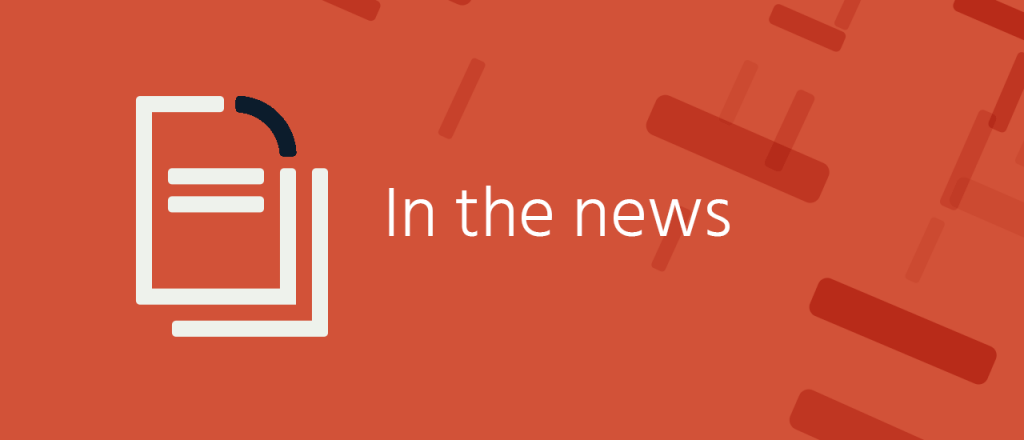
“Cleansing” cyberspace: Zhuang Rongwen, recently appointed as director of the Cyberspace Administration of China, has vowed to promote “positive energy” on the Internet while suppressing “negative elements,” including “wrong ideological trends” that attack the Communist Party there, reports the South China Morning Post. Zhuang called on all Internet users to join party members to fight a people’s war to rehabilitate the “cyber ecology.”
Told ya so: Meanwhile, another article in the South China Morning Post, this one an opinion piece, defends recent Chinese crackdowns on the Internet by looking at recent U.S. congressional inquiries into ways to “contain the freewheeling online space.” The piece looks at recent outbreaks of fake news and hate speech online. Some U.S. politicians “are starting to sound a lot like China’s leaders when warning of the insidious dangers of an untamed, unregulated internet,” says the writer, a former Washington Post correspondent.
AI arms race: Speaking of fake news, it’s continued spread has triggered an Artificial Intelligence arms race, says Popular Mechanics. Using AI, the spreaders of fake news reports are becoming more difficult to spot. Meanwhile, other companies will increasingly use AI to spot fake news. Perhaps an AI vs. Continue reading
What’s Ahead at the 2018 Plenipotentiary Conference

Today the Internet Society published a matrix of issues that will be discussed at the International Telecommunication Union’s (ITU) Plenipotentiary treaty conference (PP-18) in Dubai next month. The matrix reflects common proposals adopted recently at some of the ITU’s regional preparatory meetings. It is intended to aid our community in preparations and serve as a useful guide on where governments stand on some of the issues that are important to the Internet Society community. Note that the matrix will be updated periodically as individual country proposals are submitted closer to the conference date. Based on the input from governments so far, Internet Governance, emerging technologies such as the Internet of Things (IoT), Artificial Intelligence (AI), and Over-the-Top (OTT) applications and services will rank high on the agenda at the Plenipotentiary.
While the Plenipotentiary happens every four years, it comes at a time when Internet Governance stakes are particularly high, as governments’ response to the borderless nature of Internet issues such as cybersecurity and data privacy is intensifying, and support for multilateral solutions to deal with them grows. Those that favor a multilateral governance approach might view the ITU’s international cooperation framework for global telecommunications as the natural vector into Continue reading
The Second Annual Global People’s Summit: Imagine a World with Equal Opportunities
On 22nd of September Internet Society President and CEO, Andrew Sullivan, will take the stage in New York as part of the 2nd annual Global People’s Summit, an event dedicated to bringing new voices forward on some of the world’s most pressing issues.
We invite you to be a part of it. Here’s how:
Time: 12:20 EST / 18:20 CET
Date: 22nd September 2018
URL: https://www.globalpeoplesummit.org/
As the Internet Society believes that to build a future where the Internet is truly for everyone, everyone needs to be part of it. The Global People’s Summit is a great way make sure some of the voices we never hear can BE heard. Now it’s up to policy and decision makers to listen.
Join us on Saturday and use the hashtag #CountMyVoice along with #GlobalPeople and stand up for a digital future where your voice counts.
The post The Second Annual Global People’s Summit: Imagine a World with Equal Opportunities appeared first on Internet Society.
New Case Study: The Impact of a Community Network on Improving Education in Pakistan

Make It Equal: Celebrating Women Who Are Making a Difference
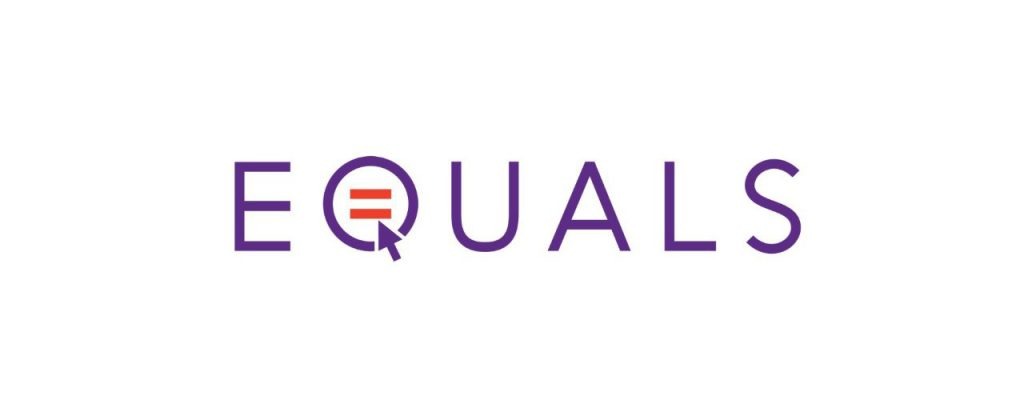
On 22nd September, 22 women will join a growing community of people who believe in a world of equal opportunity for women and girls.
The Equals in Tech Award is an annual event that gives awards to those who are helping girls and women get equal access, skills, and opportunities online and in the tech industry.
It’s our second year at the event and every year the finalists never fall short of inspiration.
This year, 22 finalists were chosen from among 357 nominations from 80 countries. They’re creating AI Accelerators, exploring new ways to train entrepreneurs, and empowering female healthcare professionals. Out of the 22 finalists, 5 winners will be chosen, each representing a specific category.
EQUALS is a global network delivered by a committed partnership of corporate leaders, governments, nonprofit organizations, communities, and individuals around the world working together to bridge the digital gender divide – by bringing women to tech, and tech to women – and in so doing, bettering the lives of millions worldwide. To find out more, visit their website.
If you’re thinking about submitting an entry for next year’s Equals in Tech Award – here’s what you need to know.
Be a part of it! Continue reading
Learning by Doing: Have You Heard of the Suusamyr Community Network in Kyrgyzstan?
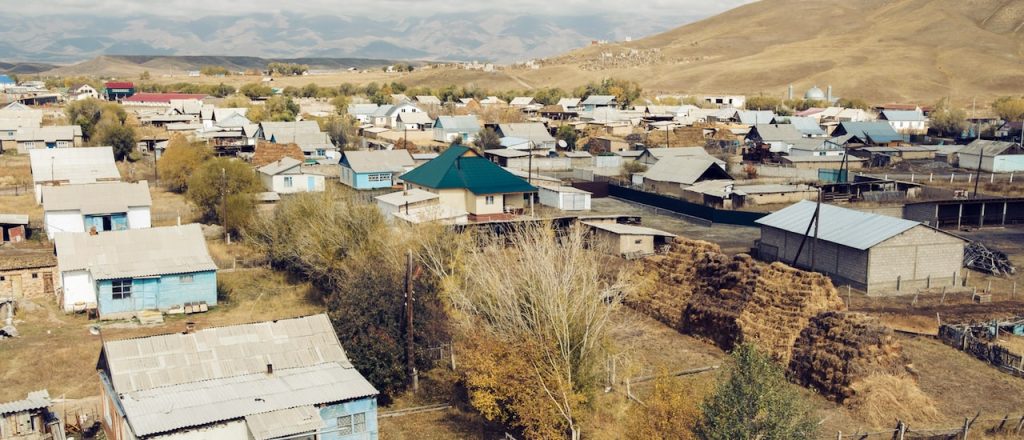
Last week, the Internet Society together with our Kyrgyz chapter and the wider local community held discussions about Internet connectivity in remote areas in Bishkek, Kyrgyzstan. Approximately 35% of the Kyrgyz population use the Internet (ITU data, 2017) and most users are located in cities and urban areas.
In cooperation with its Kyrgyz chapter, the Internet Society is piloting the community networks approach in the village of Suusamyr, located some 150 kilometers south of the capital city Bishkek. We had an opportunity to visit this village of about 4000 people, tucked away in a wide valley surrounded by high mountains. The economic activity revolves around farming, horse and cattle keeping, and tourism.
While the final phase of the Suusamyr community network is still under implementation, we can already draw some lessons learnt from the preparatory and testing phases.
Partnerships
As a starting point, the Internet Society Kyrgyz chapter consolidated a partnership with the government, Internet Service Providers (ISP), and the local community in Suusamyr. The Kyrgyz government saw the opportunity for local economic development. Two ISPs agreed to lease their existing backbone infrastructure to connect the last mile. And most importantly, the local community embraced this initiative with a Continue reading
Third Summit on Community Networks in Africa a Success
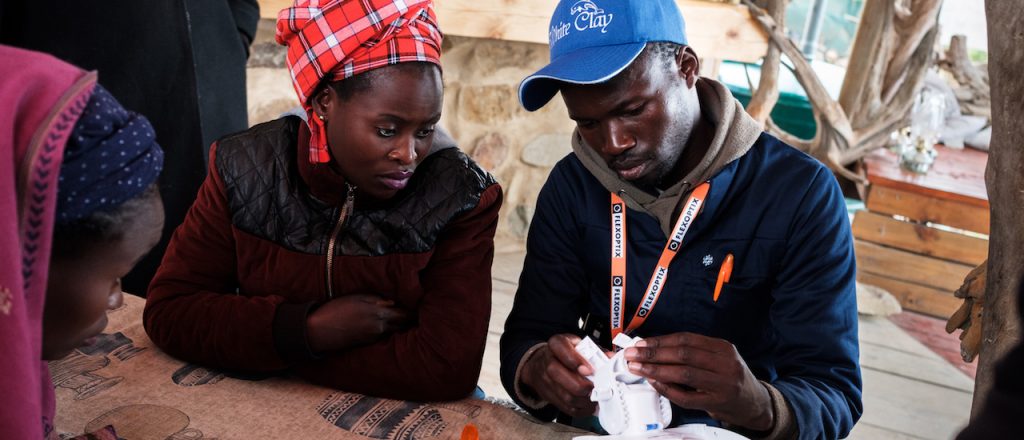
Last week was an exceptionally exciting week for the African Regional Bureau as we successfully held, in partnership with the Association for Progressive Community (APC), the 3rd Summit on Community Networks in Africa from 2-7 September 2018, at Wild Lubanzi Trail Lodge, Eastern Cape, South Africa.
The objective of the Summit was to promote the creation and growth of community networks, increase collaboration between community network operators in Africa and to provide an opportunity for them to engage with other stakeholders.
The event was attended by more than 100 participants from at least 18 countries worldwide, 13 from Africa (Kenya, Uganda, South Africa, DRC, Zimbabwe, Zambia, Malawi, Namibia, Cameroon, Tanzania, Sudan, Egypt, and Ethiopia) and 5 from Spain, Germany, Argentina, India, and the U.S. The formal opening of the Summit was addressed by representatives from the Ministry of Telecommunications and Postal Services of South Africa.
This year’s Summit turned out to be very special as 12 established community networks in Africa and 18 other communities (particularly from rural South Africa interested to replicate initiatives) attended and contributed to the discussions held throughout the 6 days.
The week started with 2 days of training, which provided community network operators with clear Continue reading